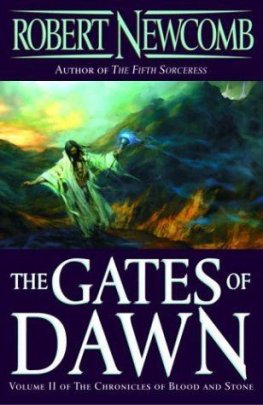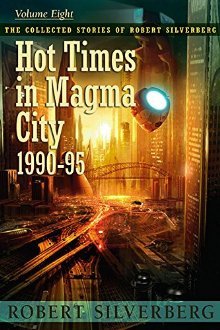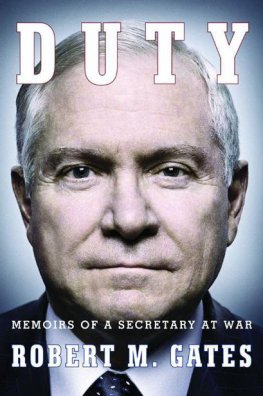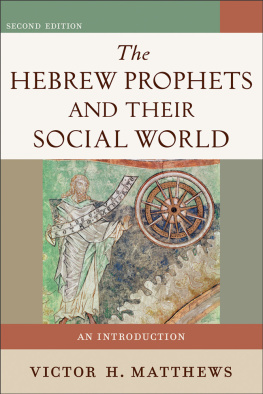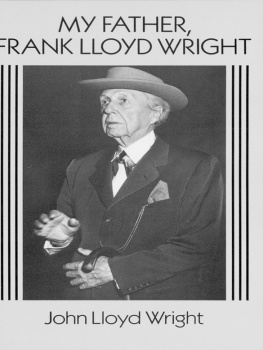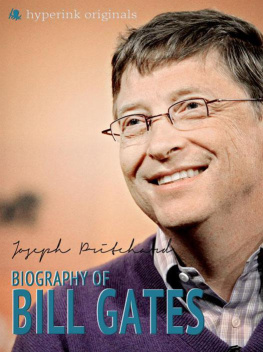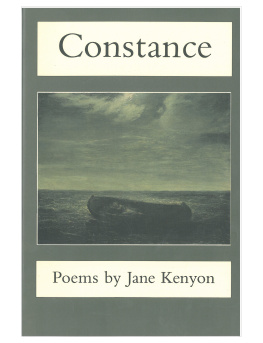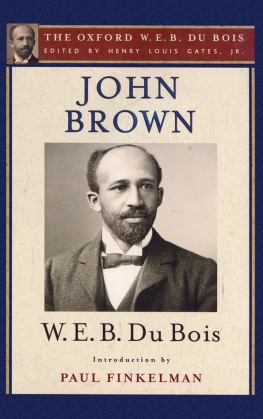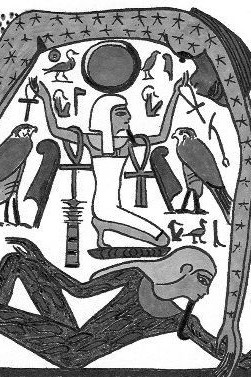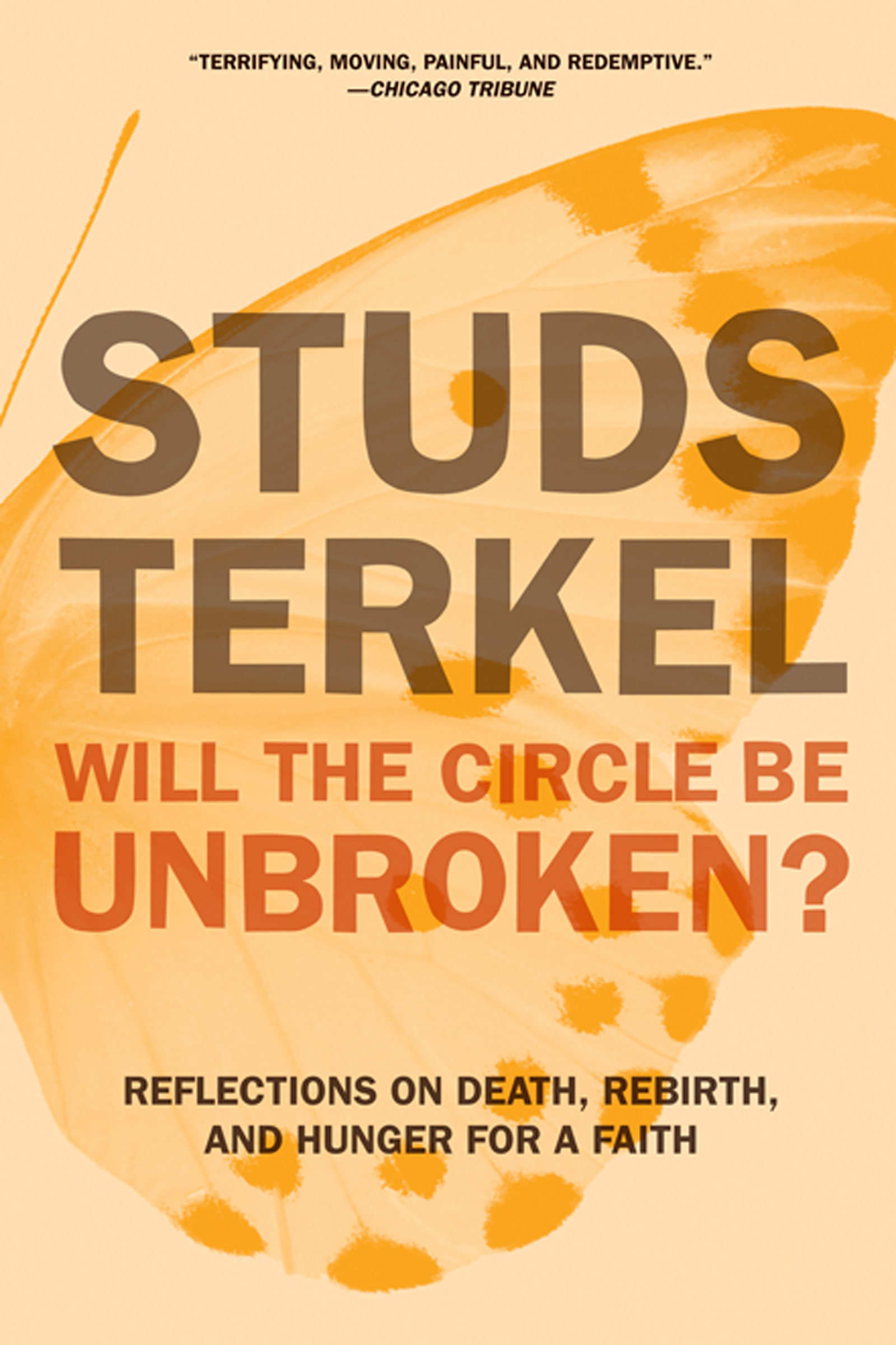Contents
Page List
Guide
Will the Circle Be Unbroken?


2001 by Studs Terkel
Foreword 2014 by Jane Gross
All rights reserved.
No part of this book may be reproduced, in any form, without written permission from the publisher.
The author is grateful for permission to reprint the following copyrighted material:
A Bronzeville Mother Loiters in Mississippi. Meanwhile, a Mississippi Mother Burns Bacon by Gwendolyn Brooks, from Blacks by Gwendolyn Brooks, copyright 1987.
Reprinted by permission of Third World Press, Inc., Chicago, Illinois.
Requests for permission to reproduce selections from this book should be mailed to:
Permissions Department, The New Press, 120 Wall Street, 31st floor, New York, NY 10005.
Originally published in the United States by The New Press, New York, 2001
This edition published by The New Press, 2014
Distributed by Two Rivers Distribution
CIP data available
ISBN 978-1-62097-061-4 (e-book)
The New Press publishes books that promote and enrich public discussion and understanding of the issues vital to our democracy and to a more equitable world. These books are made possible by the enthusiasm of our readers; the support of a committed group of donors, large and small; the collaboration of our many partners in the independent media and the not-for-profit sector; booksellers, who often hand-sell New Press books; librarians; and above all by our authors.
www.thenewpress.com
Book design by Lovedog Studio
2 4 6 8 10 9 7 5 3 1
Remembering Ida
Youve got to cross that lonesome valley,
Youve got to cross it by yourself,
There aint no one can cross it for you,
Youve got to cross it by yourself.
as sung by Richard Dyer-Bennett
Youve got to stand your test in judgment,
Youve got to stand it by yourself,
Aint nobody can stand it for you,
Youve got to stand it by yourself,
as sung by Big Bill Broonzy
We have loved ones gone to glory
Whose dear forms we often miss.
When we close our earthly story
Shall we join them in their bliss?
Will the circle be unbroken,
By and by, Lord, by and by.
Theres a better home awaiting
Far beyond the starry sky.
as sung by Doc Watson
... Shes gone forever!
I know when one is dead, and when one lives.
Shes dead as earth.
... Why should a dog, a horse, a rat have life,
and thou no breath at all? Thoult come no more.
Never, never, never, never, never!
King Lear, Act V, Scene III
Contents
MY DEBTS ARE OWED to a legion of strangers, friends, and acquaintances. My first is to the heroes, unacknowledged in this book, though they have offered me their precious time and generosity of spirit. To them, my deepest bow as well as my apologies.
They are listed in alphabetical order, along with the scouts, who guided me toward them and toward the sixty whose testimonies are in the following pages: a burglar whose name I didnt catch, Charlie Andrews, Anndrena Belcher, Dean Alison Boden, Laurie Cannon, Susan Catania, Dr. Mardge Cohen, Tony Fitzpatrick, Tom Geoghegan, Jane Jacobs, Tony Judge, Dennis Hamill, Pete Hamill, Jim Hapgood, Claire Hellstern, Carol Iwata, Jamie Kalven, Soyun Kim, Donna Blue Lachman, Jack Lawrence, Alan Lomax, Bonnie Miller, Erskine Moore, Dick Muelder, Charlie Pachter, Andrea Raila, Bob Rasmus, Florence Scala, Dr. Gordy Schiff, Mary Schmich, Helen Shaver, Dan Terkel, Tish Valva, Rob Warden, Bob and Laura Watson, Yoriko, and Dr. Quentin Young.
To the Chicago Historical Societys president, Lonnie Bunch, and its staff members with whom I work, especially Usama Alshaibi, its demon engineer, who like an alchemist transmuted my slovenly, drossy tapes into gold.
And to the Big Three, who are most responsible for the book that has come forth. Sydney Lewis, who beyond being the transcriber, making sense of my indecipherable hieroglyphics in scrawled hand, was my chief scout and day-to-day colleague, offering invaluable suggestions. Were it not for Tom Engelhardt, the nonpareil of editors, who was uncanny in cutting the fat from the lean (something I found impossible to do) and who gave this work much of its form, Id still be in the woods. And, of course, to my publisher and editor for thirty-five years, Andr Schiffrin, who conceived the idea of these oral histories and who has been my cicerone through twelve such adventures, my gratitude.
THERE IS SOMETHING DAUNTINGbeyond dauntingabout writing a new foreword to the last book of oral history published by Studs Terkel in his lifetime.
Terkel died in 2008 at the age of ninety-six. That is three decades older than I am now, which makes me feel the imposter, standing in for one of Americas most renowned authors, who turned conversation into a popular literary formoral historyon subjects ranging from the Depression to World War II to work and race relations and finally, with reluctance, to the mysteries of death.
It was, as he said in the 2001 introduction, the one experience none of us have had, yet all of us will and the one book I never thought Id write because it was too big, too abstract, and more in the domain of the metaphysician or the minister.
His technique, by his own description, had always been to ask, How did it feel to be a certain person in a certain circumstance at a certain time in our countrys twentieth century? But surely that modus operandi could not apply when it came to death: What is there to remember of a time and place at which none of us has yet arrived? Terkel wondered.
For thirty years hed pushed the idea of writing about death to the recesses of his fertile mind. Nevertheless, like most of us, hed thought a lot about it. He had known childhood asthma, mastoiditis, and chronic insomnia that resisted the nonsensical counting of sheep.
For a brief period, reciting the roster of the 1920 championship Cleveland Indians helped him get to sleep; later it was a five-line stanza from Coleridges The Rime of the Ancient Mariner; and much later still a list of departed buddies that grew exponentially over the years. Most telling of all, from childhood onward, gripped by a fear he would die in his sleep, Terkel made it a point to unclasp his hands from his chest before dozing off, lest he tempt fate by assuming that telltale position.


